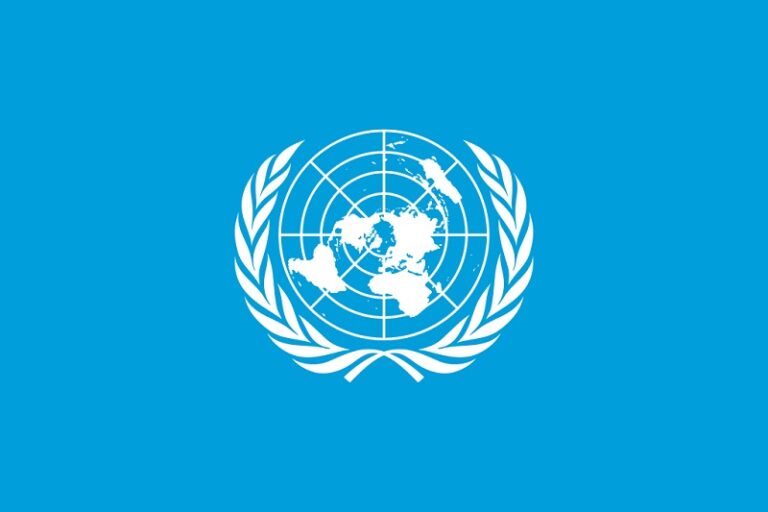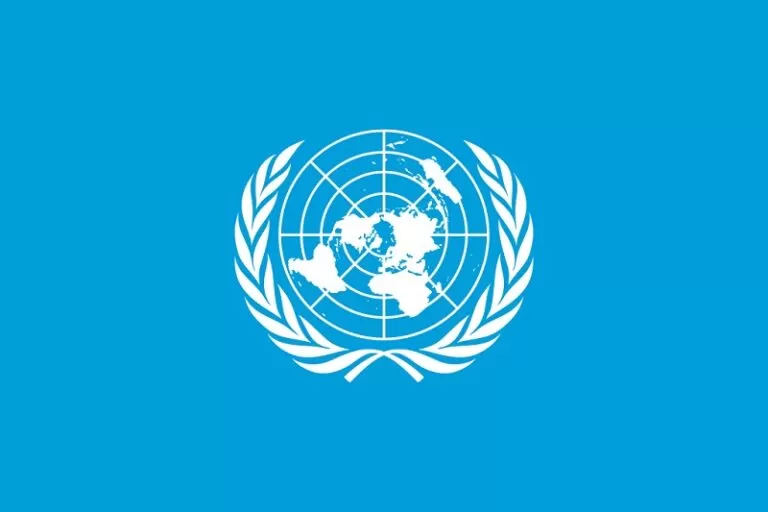

the un issues a warning on the sale of subpar drugs in the sahel region.
The United Nations Office on Drugs and Crime (UNODC) has issued a warning that as much as half of the drugs that are now for sale in the Sahel region are either of poor quality or have passed their expiration date. The substandard medications are removed from the distribution chain in Europe, as well as, to a lesser extent, in China and India. After that, they often go through the seaports of Guinea, Ghana, Benin, and Nigeria on their way to the Sahel region.
According to the report that was released by the UNODC on Tuesday, the nations that have been affected the most by the drug crisis are Mauritania, Mali, Burkina Faso, Niger, and Chad. “Even though there are no reliable numbers on all of the amounts that are trafficked in different ways and through different routes in the countries of the Sahel, studies show that 19–50% of the medicines on the market are of poor quality or fake,” the report said.
Even worse, once the medicines have been removed from the legitimate supply chain, there is very little direction as to how the patient should actually utilize the medication. “You are free to purchase an antibiotic from the store if that is what you choose to do.” “Is that the one that should be used, or should we look elsewhere?” Francois Patuel, who heads up the research and development branch at UNDOC, stressed that it needs to be under control. He went on to say that these inadequacies lead to the development of microbial and antimalarial resistance.
Employees of pharmaceutical businesses, those who sell their wares on the street, and people who work in security are all examples of people who participate in this trade. Even though Islamic extremists cause a lot of violence in the Sahel, armed groups are not as involved in this kind of trafficking as they used to be.
According to the report, “despite the often-announced involvement of terrorist groups and non-state armed groups in drug trafficking in the Sahel, many documented cases show that it is limited.” When these less-than-effective medicines failed the people who chose to take them, it also led to a weakening of trust in the health system and in the government.
Canadian companies have expanded their presence as major African mining stakeholders and invested more than $37 billion. Africa holds the…
The South African government wants people to plant one million trees across the nation within a single day on September…
The government's statistics regulator showed that South African inflation stayed at 3.2% during February and rose below the projected 3.3%.…
Keywords: Cape Town, African Energy Chamber, Africa, The 2025 African Energy Week (AEW) will host the top energy leaders from…
Recent research shows that Professor Abdessamad Faik believes Africa is at an important energy choice point as renewable-powered hydrogen allows…
The United States plans to shut down its Johannesburg consulate after Sandton Drive gets renamed to Leila Khaled Drive even…
This website uses cookies.